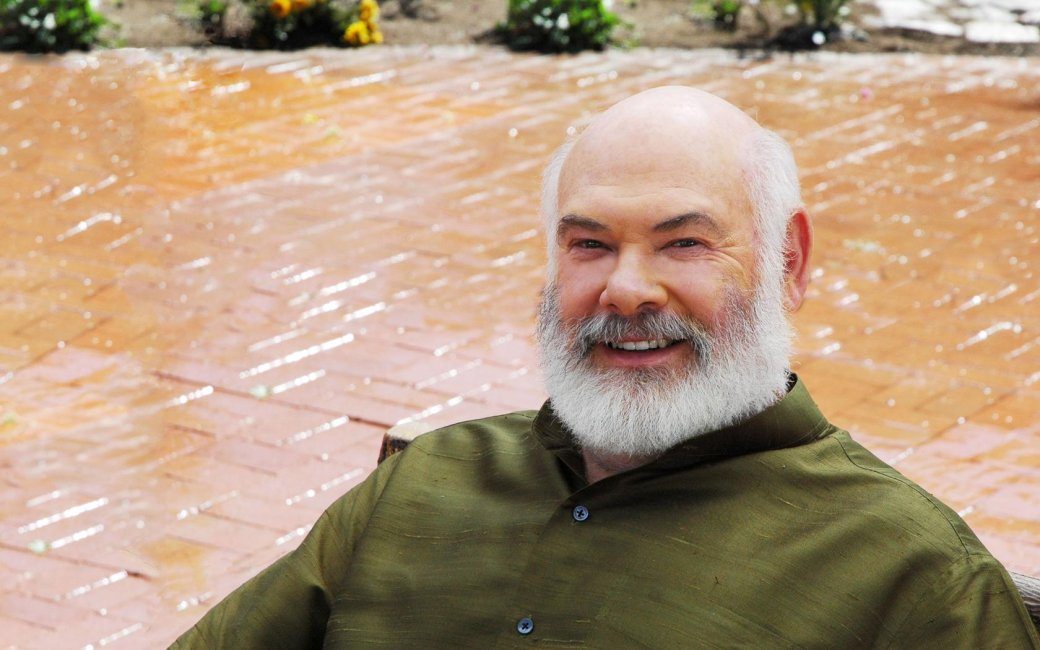Results for: NCCAM
Black Cohosh and Hot Flashes
Black Cohosh, an herbal “supplement” (i.e. unregulated drug) remains popular for the treatment of hot flashes and other autonomic symptoms resulting from menopause. This product is yet another good example of the double standard that the supplement industry and ideological promoters are allowed to employ. The NCCAM website gives this summary: Black cohosh, a member of the buttercup family, is a plant...
The ultimate in “integrative medicine,” continued
It’s been a recurring theme on this blog to discuss and dissect the infiltration of quackademic medicine into our medical schools. Whether it be called “complementary and alternative medicine” (CAM) or “integrative medicine” (IM), its infiltration into various academic medical centers has been one of the more alarming developments I’ve noted over the last several years. The reason is that “integrative” medicine...
Pragmatic Studies – More Bait and Switch
The course of research into so-called alternative medicine (CAM) over the last 20 years has largely followed the same pattern. There was little research into many of the popular CAM modalities, but proponents supported them anyway. We don’t need science, they argued, because we have anecdotes, history, and intuition. When media attention, which drove public attention, was increasingly paid to CAM then...

Surprise, surprise! Dr. Andrew Weil doesn’t like evidence-based medicine
Dr. Andrew Weil is a rock star in the “complementary and alternative medicine” (CAM) and “integrative medicine” (IM) movement. Indeed, it can be persuasively argued that he is one of its founders, at least a founder of the its most modern iteration, and I am hard-pressed to think of anyone who did more in the early days of the CAM/IM movement, back...
Cochrane is Starting to ‘Get’ SBM!
This essay is the latest in the series indexed at the bottom.* It follows several (nos. 10-14) that responded to a critique by statistician Stephen Simon, who had taken issue with our asserting an important distinction between Science-Based Medicine (SBM) and Evidence-Based Medicine (EBM). (Dr. Gorski also posted a response to Dr. Simon’s critique). A quick-if-incomplete Review can be found here. One...
The Free Speech About Science Act (H.R. 1364), “health freedom,” and misinformed consent
“Health freedom.” It’s a battle cry frequently used by supporters of “alternative” medicine against what they perceive to be persecution by the medical and scientific establishment that uses the Food and Drug Administration, the Federal Trade Commission, and other federal agencies charged with regulating pharmaceuticals, food, cosmetics, and medical devices in order to protect the public against fraud, adulterated food, and quackery....

Ann Coulter says: Radiation is good for you!
In her eagerness to convince everyone that radiation leakage from the Fukushima reactor damaged by the recent tsunami poses no threat, Ann Coulter turns the concept of hormesis on its head and tries to argue that a little extra ionizing radiation is good for you. Ann Coulter being Ann Coulter, she has no clue what she is talking about, but can spin...
Is “CAM” Fraud?
During my continuing education about so-called “complementary and alternative” medicine one question presents itself in my mind over and over: Isn’t that fraud? Well, is it?
Ethics in human experimentation in science-based medicine
Science-based medicine depends upon human experimentation. Scientists can do the most fantastic translational research in the world, starting with elegant hypotheses, tested through in vitro and biochemical experiments, after which they are tested in animals. They can understand disease mechanisms to the individual amino acid level in a protein or nucleotide in a DNA molecule. However, without human testing, they will never...
Of SBM and EBM Redux. Part IV, Continued: More Cochrane and a little Bayes
OK, I admit that I pulled a fast one. I never finished the last post as promised, so here it is. Cochrane Continued In the last post I alluded to the 2006 Cochrane Laetrile review, the conclusion of which was: This systematic review has clearly identified the need for randomised or controlled clinical trials assessing the effectiveness of Laetrile or amygdalin for...

